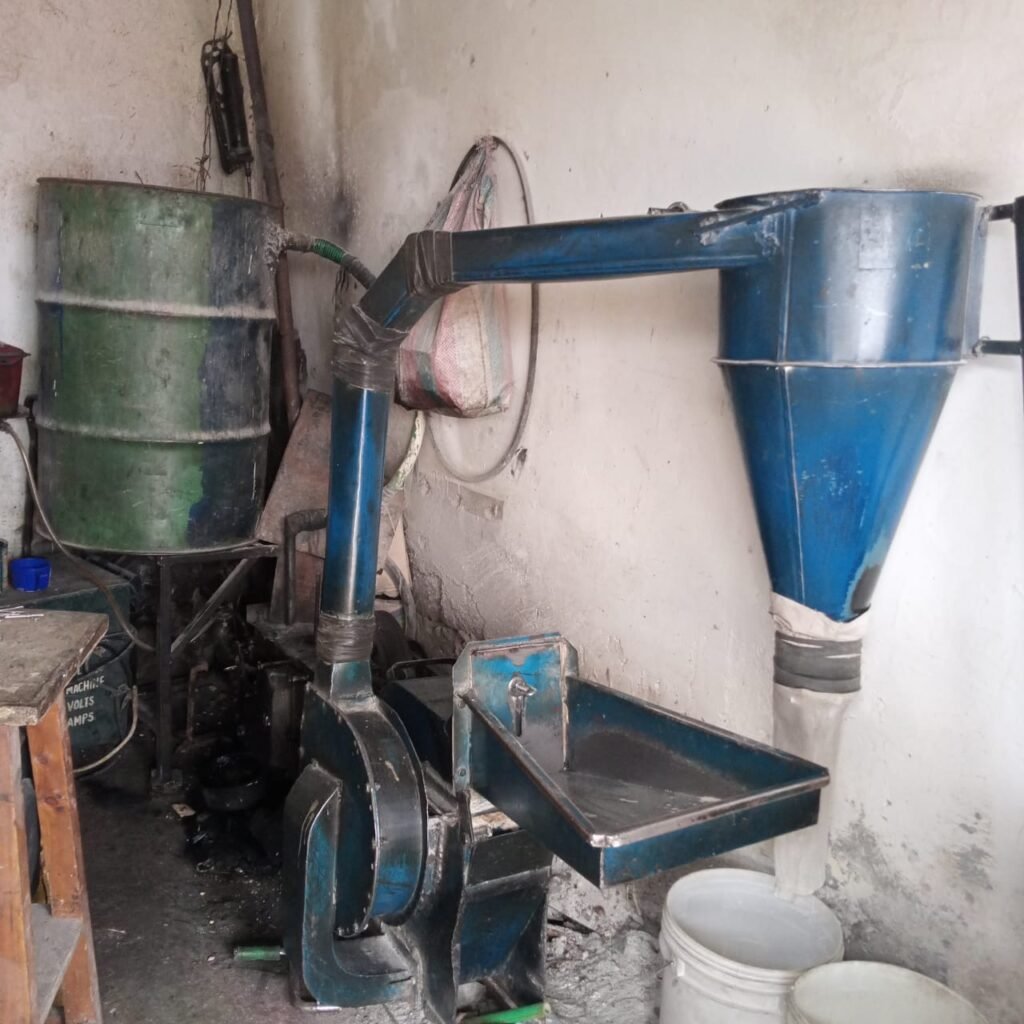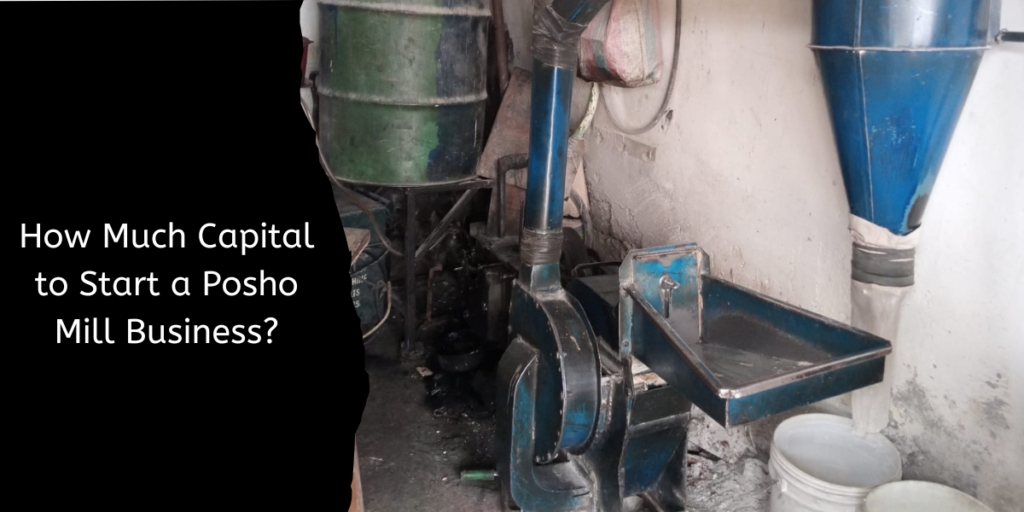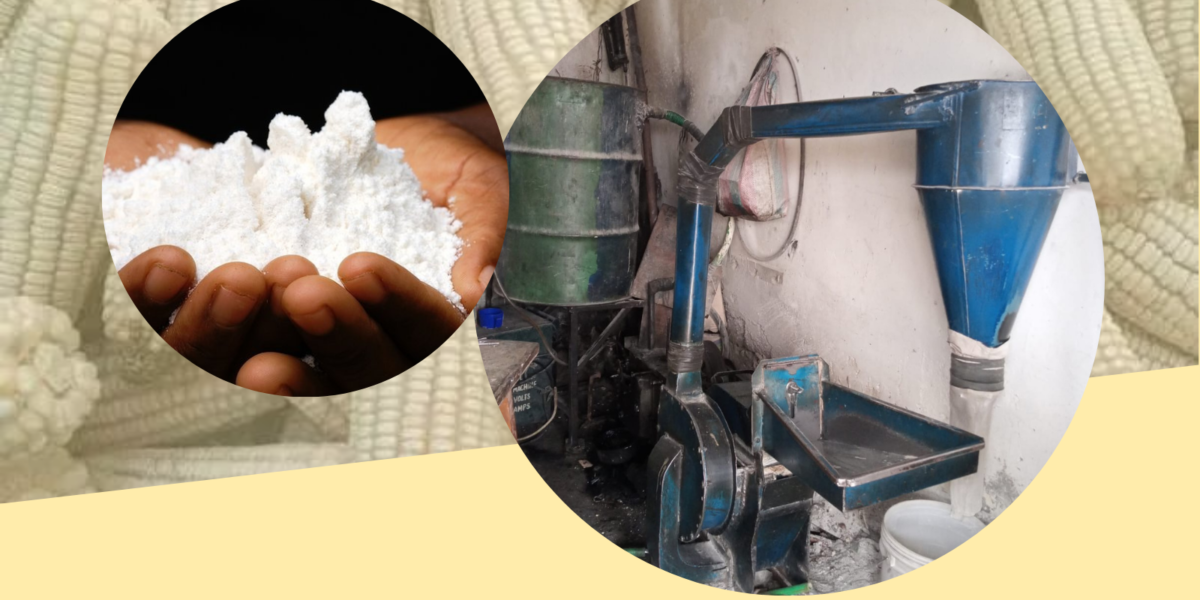There is no doubt that many Kenyans have been hit hard by the current challenging economic times.
Therefore, putting food on the table while relying on the usual 8 to 5 jobs has become quite difficult for some.
If you are among this bracket of people, investing in a posho mill business is one way you can use to grow your income – or also as a retirement plan.
Viewing this from a different angle, the common mwananchi is shifting to unsifted maize flour as the packaged ones are seemingly expensive. Apart from maize, you can also grind dry cereals such as millet, sorghum, cassava, and wheat. As a business-oriented individual, you can grab this opportunity to open a posho mill in your locality.
In this article, we give step-by-step guidance on how to start a posho mill business in Kenya, the costs involved, and the expected profits. We also analyze the associated pros and cons to help you make sound decisions before venturing into this venture.
How to Start a Posho Mill in Kenya

Starting a flour milling business isn’t all about going to the shop, purchasing a “kisiagi,” and installing it. Like any other line of business, you need to have a good strategy to establish a thriving posho mill venture.
Steps To Start a Posho Mill Business
1. Market Research
First, conduct market research on the posho milling business in your target area. Are there competitors? How much are rental costs? What’s the overall demand for posho mills? Other factors include the availability of fuel, electricity, and security.
When choosing an ideal location, you’ll want to focus on an area with adequate foot-traffic. As far as the demographics are concerned, look for areas where people from the lower middle-class and low-income classes reside.
2. Make a Business Plan
After conducting thorough market research and concluding that there is an opportunity to set up a posho mill, you should make a business plan. A good business plan should cover operations, marketing, financial planning, competitive advantage, growth plans, and risk analysis.
Always have a plan in place as this will help you implement your idea better than everyone else. It’s also a good way to access financing from some lenders.
If you need a business plan written, our business plan generation system can get one created for you instantly.
3. Execute Your Posho Mill Business Plan
Once you’ve made a business plan, the execution process is next. First, select a viable business site; as we have mentioned, the right location is one where low and middle-income earners live. For example, in Nairobi, think of areas like Kangemi, Kawangware, Embakasi, Ruai and so forth.
Next, secure the necessary business certificates or permits. For those in Nairobi County, here’s how to obtain the Unified Business Permit.
4. Find Suppliers
Maize milling is a two-way business; either the customer comes with the maize, or you supply them with it. For this reason, it’s always safe for you as a miller to have your maize in store. Therefore, are you going to get the maize directly from the NCPB government stores, or are you going to get it directly from farmers?
Notwithstanding the choice you make, only settle for sustainable suppliers.
5. Buy and Install Your Posho Mill
Buy a posho mill that meets your budget and one that fits your expected operational expenses. If your target area has electricity, then it would be best to buy an electric-powered machine. A diesel-powered posho mill would be ideal for areas with no electricity or those experiencing frequent power outages.
The next step is installing your posho mill; normally most companies that supply posho mills also offer installation services. So, be sure to inquire about this before you make any major commitments.
6. Launch your Posho Mill
Once everything is set, you can now launch your posho mill. You may consider giving discounts to customers at first to win their trust. You can also employ other marketing techniques to maximize profits and stay above other posho milling businesses.
For instance, you could get your shop branded. You could also market in local barazas or by handing out leaflets within your community.
How Much Capital Do You Need to Start a Posho Mill Business?

Well, the figures vary greatly based on factors such as where the posho mill business is located, the size/capacity of the engine bought, prevailing rental costs and so forth.
That said, a good posho milling machine will set you back anything between Ksh75,000 to Ksh200,000.
You will also need to part with rent, transportation costs, power costs, fuel costs and so forth. Keeping all these factors in mind, consider setting aside a minimum of Ksh150,000 to Ksh400,000 as starting capital for your posho mill business.
How Much Does It Cost to Run a Small-Scale Posho Mill?
Here’s a tabulated breakdown of the estimated costs a small posho mill set up would incur.
| Item | Description | Costs (KSH) |
| Diesel-powered engine | Minimum of 2 liters of dieselPer day | 350 |
| Electric-powered engine | Minimum of 5 units | 150 |
| Maize | At least 2 bags per day | 8,000 to 9,000 |
| Engine oil | 1 liter, goes for a month | 350 |
| Servicing | Once in a month | 500 |
| Rent | Once in a month | Varies |
How Much Profit Can You Make from A Posho Mill (Small Scale) In A Day?
Several factors, such as the location of the posho mill, competition, and general demand from the public, can affect the profits. Nevertheless, on a good day, a well-run small-scale posho mill can make sales ranging from 1,000 to 5,000 shillings.
It’s reasonable to expect a profit margin of 50% and above although, once again, this boils down to how efficiently the business is run.
Pros
- Low fuel consumption
Majorly, posho mills are designed with low fuel consumption capabilities, no matter whether fuel or electric-powered.
- Source of income
A posho mill business is an excellent avenue for self-employment and as a source of income for others should you decide to have employees.
- No restrictions on the time of opening
Since you own the posho mill, you can open it whenever you wish.
- You don’t source for customers
Though you might need to do some marketing initially, customers mostly come to seek the milling service themselves.
- Buy maize low and sell high
You have the advantage of buying maize from suppliers at low prices and selling the same at high prices to customers. This allows you to make extra profits.
Cons
- Affected by fluctuations in fuel prices; electricity/diesel
- Spare parts can be pretty expensive
- Fluctuating maize prices
- Power blackouts in case of electric-powered posho mills
Conclusion
The posho mill line of business ranks among the best profitable food-related business ideas in Kenya and Africa at large. If you plan on investing in a posho mill, you should evaluate the different price points offered by different manufacturers and settle on one that fits your needs.
Other features include the milling process, quality, and energy efficiency. Besides that, the location you plan to set up the posho mill and profitability rate are also vital factors.
Generate a Business Plan (PDF) for your Posho Mill Idea Instantly
10-Page Plan for Just Ksh50/- per PDF.

With a Diploma in Banking and Finance, Lenah boasts a good understanding of the Kenyan business landscape. She’s a seasoned freelance copywriter who enjoys reading the Bible during her free time.

Thank you for such good explanation I have confirmed you have good idea in posho management God blesse you
Hello Timothy, glad to hear you’ve enjoyed reading that guide. If you’re looking for even more ideas + mentorship check out this page. Thanks!
Well and convenient
Thank you for that information, I needed it for a start. God bless you.
Do you hold empowerment programs to help business startups
Comments are closed.